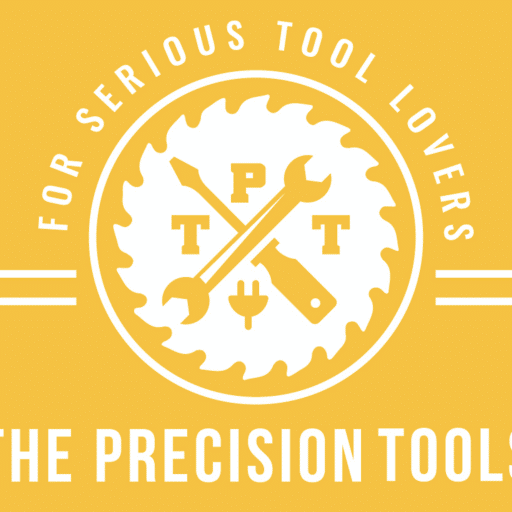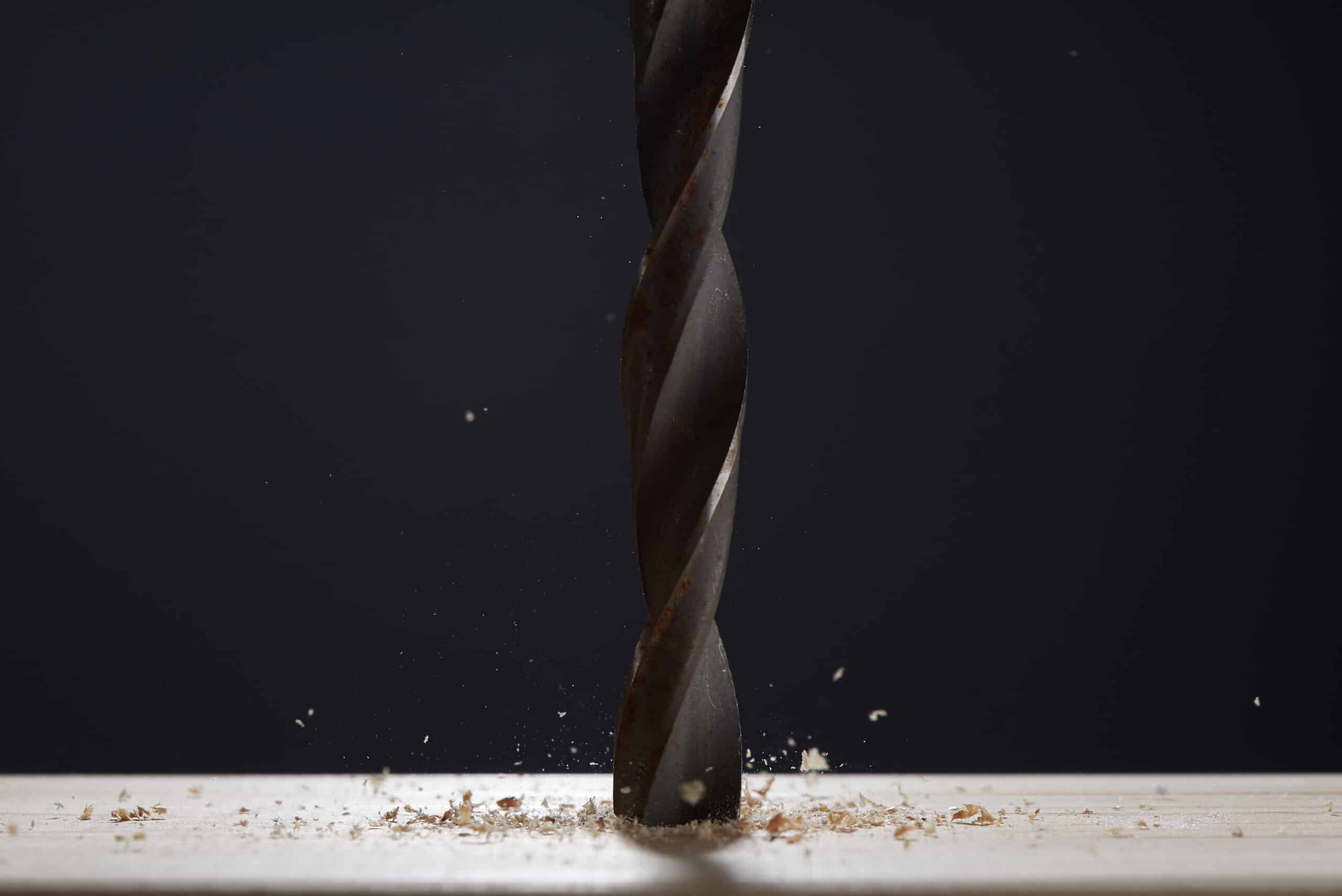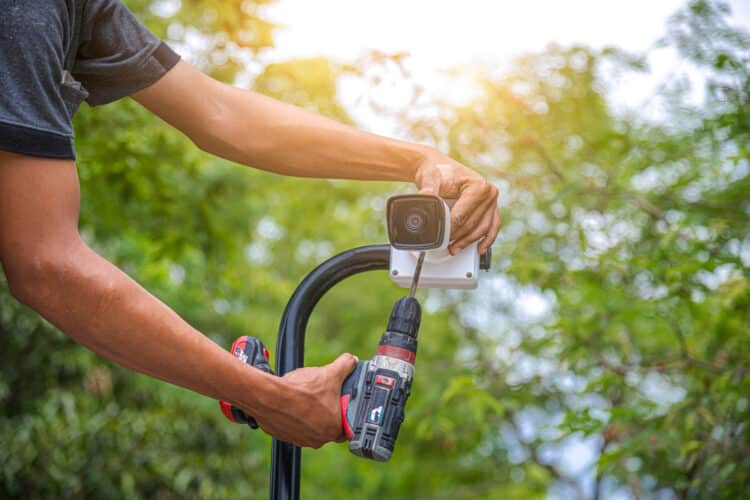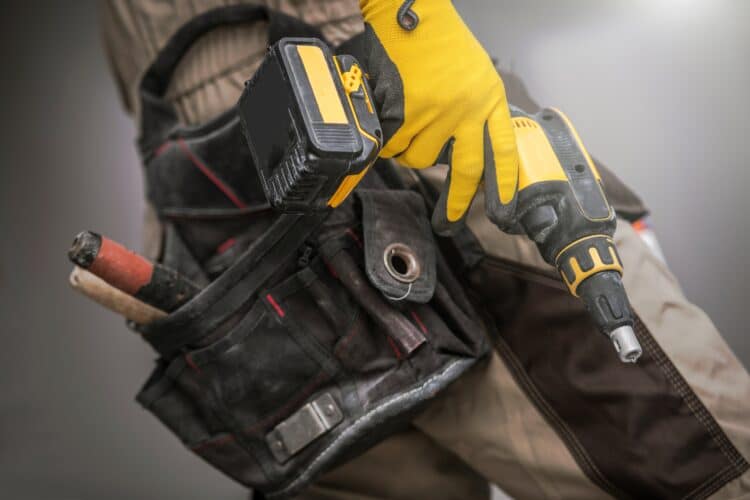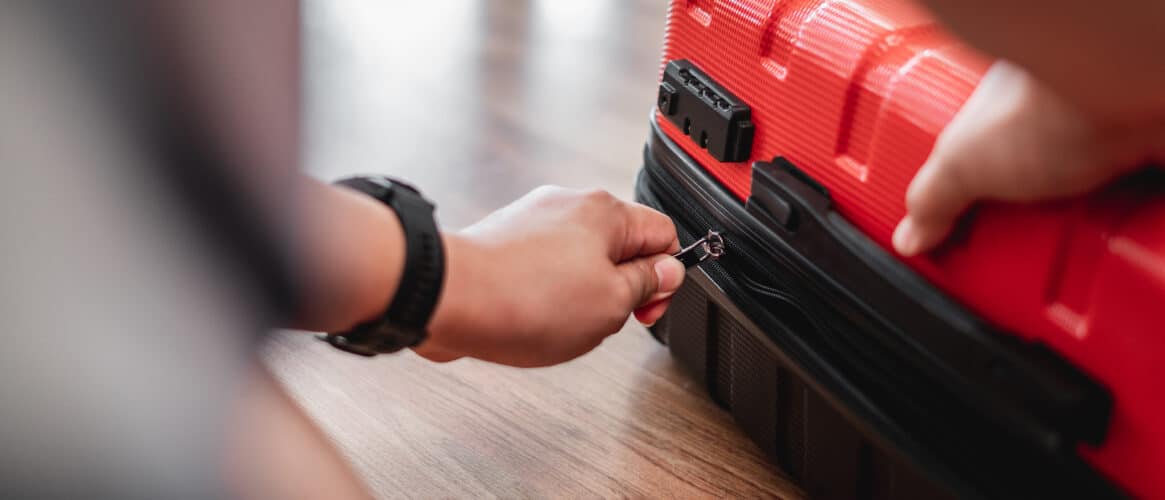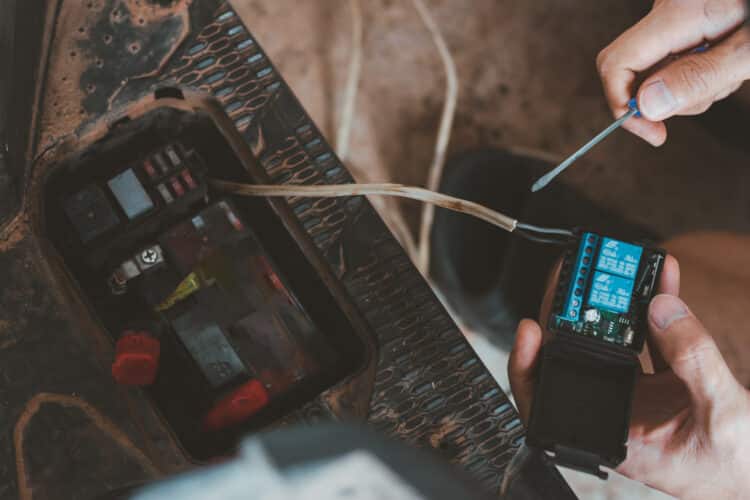What Size Hole Do You Drill for a #8 Screw?
Key Takeaways
- The recommended hole size for a #8 screw ranges from 7/64 inch to 11/64 inch
- The appropriate hole size depends on factors such as material type, screw type, and application
- It is important to refer to manufacturer guidelines or screw size charts when selecting the appropriate hole size
When it comes to fastening materials together, screws are a popular choice due to their versatility and strength. However, drilling the right size hole for a screw is crucial to ensure a secure and reliable connection. In this article, we will explore the recommended hole size for a #8 screw based on various sources and discuss the different factors to consider when determining the appropriate drill bit diameter.
Understanding #8 Screws
Before delving into the hole size, it’s important to understand what a #8 screw is. The number system used to classify screws can be a bit confusing, but essentially, the number represents the diameter of the screw shaft in inches. Therefore, a #8 screw has a diameter of approximately 0.164 inches.
Recommended Hole Sizes
While researching the recommended hole size for a #8 screw, we came across several different suggestions. Let’s take a closer look at the information provided by various sources:
- Amesweb.info states that the recommended hole size for a #8 screw is 0.213 to 0.225 inches.
- Shuntool.com mentions that for a #8 sheet metal screw, the recommended hole size is typically 7/64 inch or 9/64 inch.
- Housetoolkit.com suggests using a 11/64-inch or 4.37 mm drill bit for #8 screws in metal.
- Finepowertools.com states that the recommended drilling diameter for a #8 screw is 7/64 inch.
As we can see, there is some variation in the recommended hole sizes provided by different sources. However, a common trend emerges where the suggested sizes range from 7/64 inch to 11/64 inch, which is approximately 0.109 to 0.172 inches in diameter. This range seems to be a good starting point when selecting a drill bit for a #8 screw.
Factors to Consider
While the above recommendations provide a general guideline, it’s important to consider a few factors that may influence the choice of hole size:
Material Type
The material you are drilling into plays a crucial role in determining the appropriate hole size. For example, when working with sheet metal, a smaller hole may be required to ensure a tight fit. On the other hand, when drilling into wood, a slightly larger hole allows for expansion and contraction due to changes in humidity.
Screw Type
Not all #8 screws are created equal. There are variations in screw thread pitch and head design, which can affect the hole size needed for optimal performance. It’s important to refer to the manufacturer’s guidelines or consult a screw size chart to ensure the correct hole size for your specific screw type.
Application
The intended use of the screw is another factor to consider. If the screw will be subject to significant stress or load, a larger hole may be required to prevent the material from splitting or the screw from breaking under pressure. On the other hand, for lighter applications, a smaller hole may be sufficient.
Conclusion
While there is some variation in the recommended hole sizes for a #8 screw, a range of 7/64 inch to 11/64 inch seems to be commonly suggested. However, it’s important to consider the material type, screw type, and application when selecting the appropriate hole size. By taking these factors into account and referring to manufacturer guidelines or screw size charts, you can ensure a secure and reliable connection when using a #8 screw.
Related Websites:
FAQs:
Q: Why is choosing the correct hole size important for a secure screw fit?
Choosing the correct hole size ensures that the screw fits securely, preventing it from becoming loose or stripping the material. This provides a strong and durable connection.
Q: How do different screw gauges affect the required hole size?
Different screw gauges have different diameters, so the hole size should match the gauge of the screw for optimal performance. Using the incorrect hole size can result in a loose or weak connection.
Q: What factors should be considered when determining the ideal hole size?
Factors such as the type of material being drilled into, its hardness and density, and the length of the screw being used should be considered when determining the ideal hole size. These factors affect the stability and strength of the connection.
Q: What is the commonly recommended hole size for #8 screws in different materials?
The commonly recommended hole sizes for #8 screws are: 1/8 inch for wood, 11/64 inch for metal, and 5/32 inch for plastic. However, it is essential to consult the specific manufacturer’s guidelines for the most accurate recommendations.
Q: What are some drilling techniques and tips for achieving the correct hole size?
To achieve the correct hole size for #8 screws, follow these steps: 1. Mark the drilling spot accurately. 2. Use a cordless drill with appropriate speed and torque settings. 3. Start with a pilot hole slightly smaller than the recommended hole size and gradually widen it. Tips: Maintain proper alignment, apply consistent pressure, and use a backing board to avoid splintering or damaging the material.
